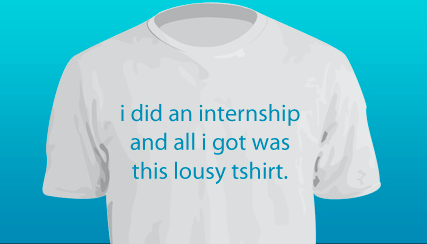by Abby Alexander | @abby_alexander_
What are your rights at work?
Internships are important: They give you a taste of what a 9-5 work day feels like in your chosen field and also help you make vital decisions as to whether you’ll actually enjoy and be interested in the reality of your future career. Between gaining ‘on the job’ experience and networking opportunities, having a bit of work experience is invaluable for when you finish your studies and have to look for a job in the real world. In some courses at RMIT, internships are actually compulsory and for good reason! But in the murky underworld of unpaid internships, it can be hard to know your rights—what you can and can’t be asked to do, especially when you’re not receiving remuneration. So, from one student to another, here’s your explainer.
Unpaid Internships:
These can be tricky– generally, most unpaid internships are legal, but occasionally an organisation will overstep the boundaries and therefore you have the right to request payment for your work.
If any of these sound familiar, you should probably be getting paid:
– The internship goes for a significant amount of time
– You are required to come into the workplace often (more than 1-2 times per week)
– You are tasked with doing a significant amount of productive work for the company
– You are no longer studying at a tertiary institution
However, unpaid internships can be done both legally and ethically, with a good outcome for the organisation and the intern.
In these instances, your work can include:
– The opportunity to network with various people in the organisation
– The opportunity to be mentored by a particular person or department
– The chance to carry out various tasks in order to increase your employability
– Fulfilling practical learning outcomes and often receiving university credit for your time on the job.
Why should you do an internship?
Internships are priceless: good ones will not only set you up with excellent industry contacts, but they will also allow you to get a feel for the industry you will one day be working in.
Plus, most organisations hate advertising for jobs. Going through applications is tedious and training new staff is time-consuming and costly. Instead, people who are hiring for new positions tend to look for talent they know already exists. People they have trained themselves!
Getting the most out of an internship
It’s not just up to the business/organisation to make sure you get something out of your internship—it goes both ways. An office environment that sees 50 interns per year is unlikely to remember every single one. Make an effort to distinguish yourself– ask for extra work, introduce yourself to your fellow colleagues and develop relationships with them. Keep those relationships going, an email every few weeks and a coffee date every few months could be the difference between you and someone else getting that dream job.


